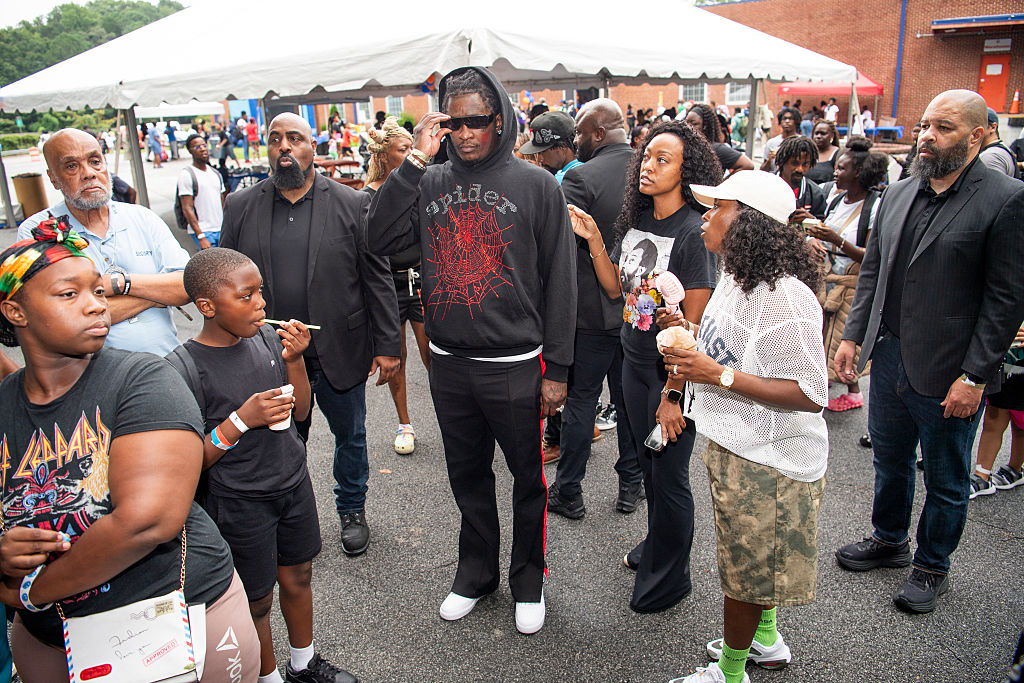At first glance, 27-year-old Zafeer Madani looks like any other photographer in his element.
Camera in hand, eyes locked on the light as he searches for the perfect shot. But behind each photo is a story of perseverance and opportunity.
For years, Madani, who lives with Down syndrome, struggled to find meaningful work.
“It was hard,” he says. “There are so many people who feel discouraged.”
Like many people with disabilities, he faced systemic barriers: job applications rejected without explanation, workplaces that weren’t accessible, and opportunities that disappeared before they ever began.
That changed when Madani connected with SMILE Canada’s Open Shop, a United Way supported program designed for racialized youth with disabilities.
The initiative pairs participants with mentors, provides hands-on workshops, and helps turn hobbies and skills into small businesses. For Madani, that meant taking his love of photography and shaping it into a business of his own.
With guidance from professional photographers and the support of program staff, he learned the technical side of his craft, lighting, framing, editing, and gained the confidence to start selling his work.
Today, Madani’s prints appear at local markets, and his camera captures weddings, community events, and portraits. What was once a dream is now his business.
“I enjoy my photography,” he says. “I like to bring some joy and warmth into my photos.”
Program coordinator Abinaya Rajaganapathy says Madani’s story represents exactly why Open Shop exists.
“So many of our youth finish high school and find nothing waiting for them, no programs, no opportunities to grow their skills or prepare for work,” she explains. “We step in to bridge that gap and focus on their strengths. Because when you invest in their potential, the whole community benefits.”
United Way Greater Toronto has made that investment a priority. Through its most recent three-year Community Program Grants, United Way committed $71 million across more than 250 programs and services in Peel, Toronto, and York Region.
Of that, over 30 programs directly support people with disabilities, breaking down barriers to employment, offering mentorship, and helping individuals build sustainable livelihoods. United Way also ensures that equity is central to this work: more than a quarter of funded programs are led by or focused on Indigenous, Black, and structurally disadvantaged groups.
The need is urgent. According to the United Way Greater Toronto, more than one million people aged 15 and up live with at least one disability.
Many face higher rates of poverty, discrimination in hiring, and inaccessible workplaces. By funding organizations like SMILE Canada, United Way is working to change that reality to create opportunities where there were once only barriers.



